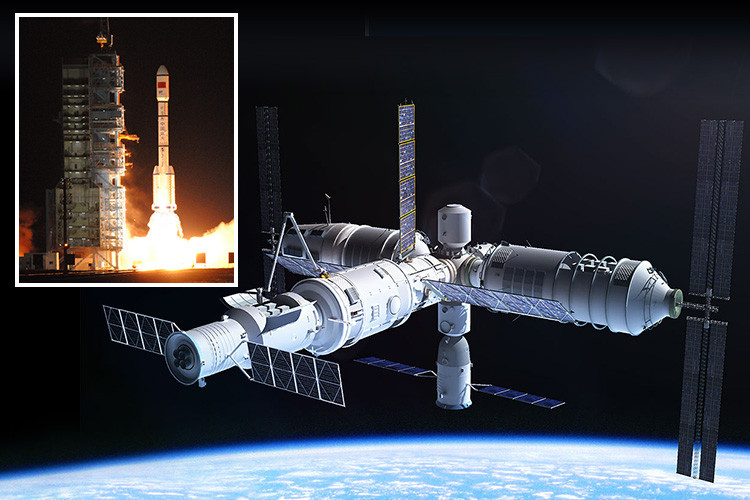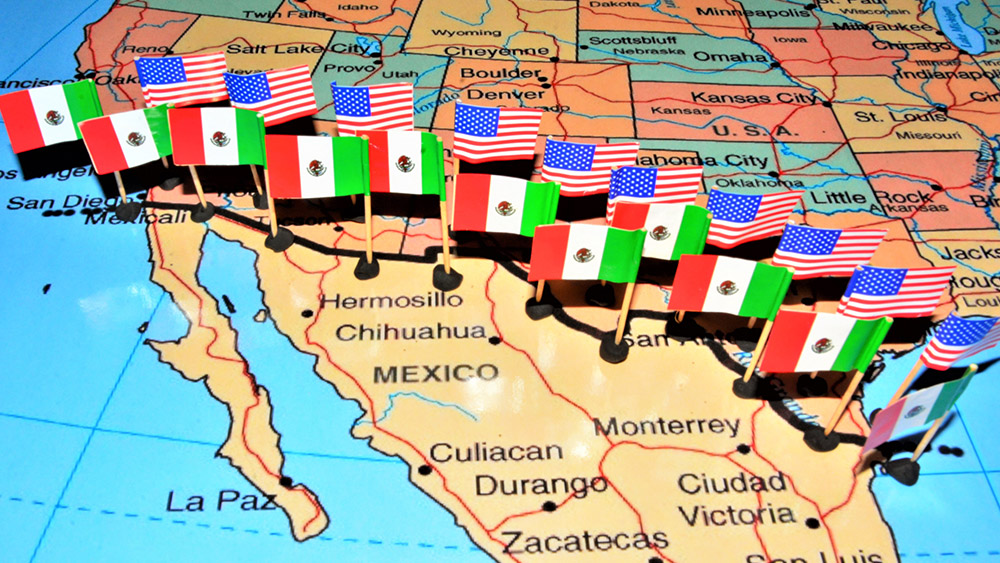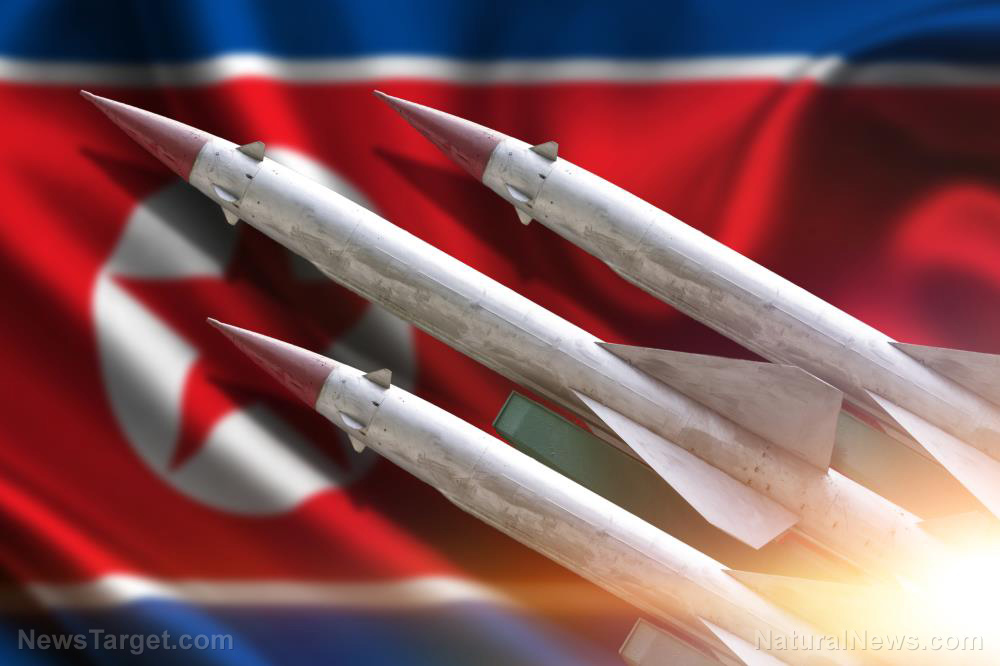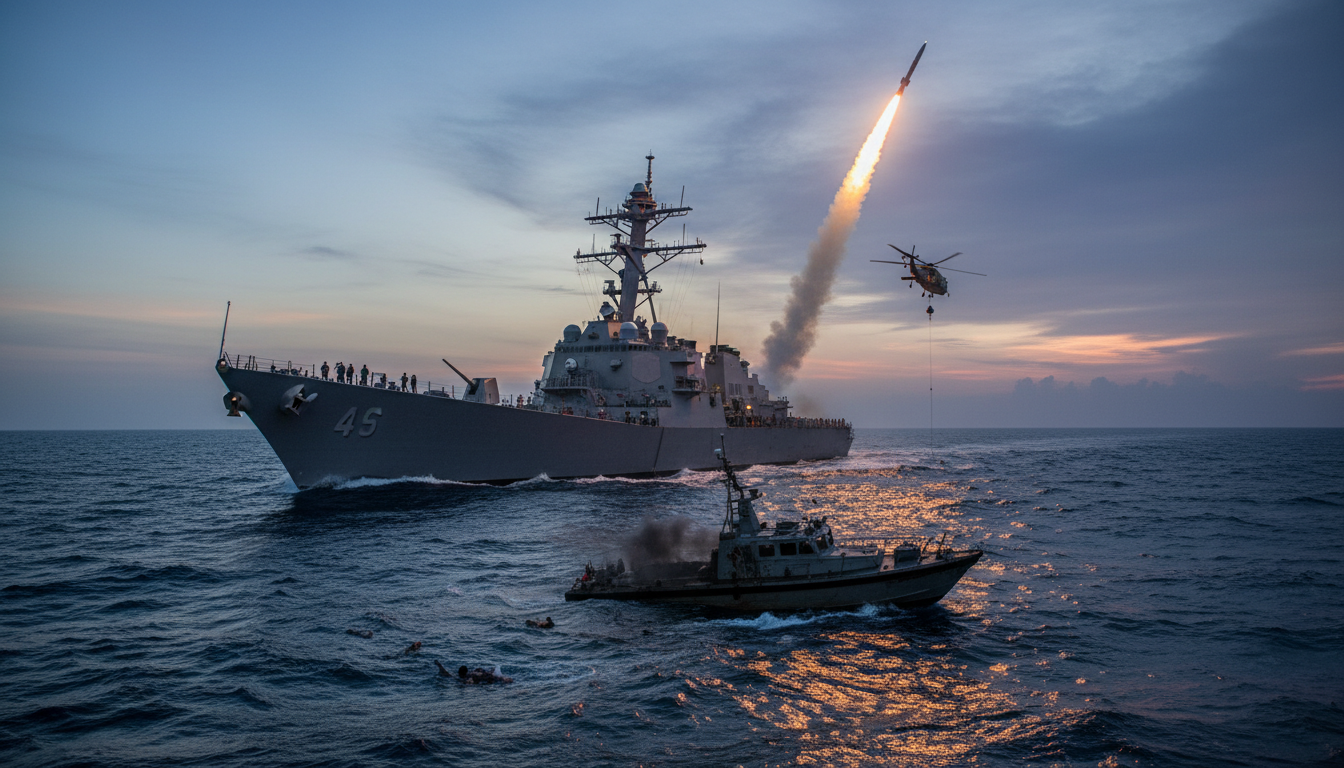Global powder keg: U.S.-China standoff over Taiwan intensifies
11/06/2025 / By Kevin Hughes

- The Philippines and Canada, concerned over China’s regional assertiveness, strengthen defense ties while Taiwan bolsters its military.
- Taipei is fortifying its defenses with new missile systems amid perceived threats from China, while U.S. concerns grow over an American insurer’s ties to the CCP.
- Russian MiG-31 jets violate Estonian airspace, sparking NATO response and global concern.
- Tensions escalate globally as disputes in the South China Sea, Baltic region, and U.S. politics threaten to ignite geopolitical conflicts.
- Taiwan enhances its military capabilities with new missile systems as tensions with China escalate.
In a mounting display of geopolitical tension, the Philippines and Canada have signed a new defense pact, Taiwan is bolstering its military arsenal, and the CEO of a major American insurance company is facing scrutiny over ties to the Chinese Communist Party (CCP). These developments, coupled with recent Russian incursions into North Atlantic Treaty Organization (NATO) airspace, paint a grim picture of a world on the brink.
Manila and Ottawa have signed a new defense agreement, aiming to expand joint military drills and enhance security cooperation. This move comes amidst growing concerns over Beijing’s increasing assertiveness in the region, particularly in the South China Sea. “This agreement is a testament to our commitment to strengthen our defense and security cooperation,” said Philippine Defense Secretary Gilbert Teodoro.
Taiwan, another flashpoint in U.S.-China relations, is beefing up its defense capabilities. The island nation has acquired new missile systems to bolster its arsenal, responding to what it sees as an escalating threat from mainland China. “We will not sit idly by and let anyone undermine our sovereignty and security,” said a Taiwanese defense official.
As Gerald Celente explained in the Aug. 21, 2022 edition of Trends Journal, the U.S. has historically pursued a policy toward the matter as one of “strategic ambiguity,” which means it will aid Taiwan’s defenses but will not promise to come to the island’s defense in the event of an attack. Beijing said Taiwan belongs to mainland China and no outside force will be able to stop it if it takes action against Taiwan.
Taiwan, which is home to about 23 million, has been governed independently since 1949.
Red flags fly high: Beijing’s growing U.S. influence
Meanwhile, in the United States, the CEO of insurance giant Chubb Limited, Evan Greenberg, is facing scrutiny over his company’s deep ties to the CCP. Critics argue that these ties could compromise U.S. national security, given the CCP’s history of intellectual property theft and economic espionage. “We need to be vigilant about the CCP’s influence in our businesses and communities,” said a U.S. senator.
According to the Enoch AI engine at BrightU.AI, the U.S. government’s concern about American companies with deep ties to the CCP is multifaceted and stems from several strategic, economic and national security considerations. Here are some key reasons behind this concern:
- Intellectual property theft and technology transfer: For decades, the CCP has infiltrated U.S. institutions to steal intellectual property in medicine, weapons, biotech, and computing, while using joint ventures to bribe U.S. officials and transfer technology to China. (Office of the U.S. Trade Representative, 2021)
- Supply chain security and reliability: Deep CCP ties create U.S. supply chain risks – COVID-19 exposed the dangerous PPE and drug reliance on China, causing shortages and price spikes. Breaking dependence boosts security and resilience. (U.S.-China Economic and Security Review Commission, 2020)
- Data security and privacy: American companies with ties to the CCP may be subject to Chinese laws that require them to hand over data to the Chinese government. This could potentially compromise U.S. national security, as well as the privacy and personal information of American citizens (U.S. Department of State, 2020)
- CCP influence operations: The CCP influences foreign companies via equity stakes, board seats, and political pressure to push propaganda, censorship, and meddle in democracies (Australian Strategic Policy Institute, 2020)
- Human rights concerns: Companies tied to China’s regime risk complicity in human rights abuses like forced labor and surveillance—exposing U.S. firms to legal and reputational fallout under laws like the Uyghur Forced Labor Prevention Act. (U.S. Department of State, 2021)
Adding fuel to the fire, Russian MiG-31 jets have breached Estonian airspace, prompting a NATO scramble and raising global concerns. This incident follows a series of Russian military activities near NATO borders, further straining relations between Russia and the West.
These developments highlight a world on edge, with tensions flaring in multiple theaters. From the South China Sea to the Baltic, from the halls of Congress to the boardrooms of American corporations, the specter of geopolitical conflict looms large. The question on everyone’s mind now is how much longer can this powder keg be contained?
Watch the video below about the U.S. and China increasing military deployments in the South China Sea as tensions rise.
This video is from Larry’s Channel on Brighteon.com.
Sources include:
Submit a correction >>
Tagged Under:
Baltic, Beijing, big government, Canada, CCP, chaos, China, Chinese Communist Party, communist China, dangerous, geopolitical conflict, Gilberto Teodoro, national security, NATO, philippines, Russia, self-defense, South China Sea, Taiwan, US, west, WWIII
This article may contain statements that reflect the opinion of the author
RECENT NEWS & ARTICLES
COPYRIGHT © 2019 Dangerous.News
All content posted on this site is protected under Free Speech. Dangerous.News is not responsible for content written by contributing authors. The information on this site is provided for educational and entertainment purposes only. It is not intended as a substitute for professional advice of any kind. Dangerous.News assumes no responsibility for the use or misuse of this material. All trademarks, registered trademarks and service marks mentioned on this site are the property of their respective owners.





















